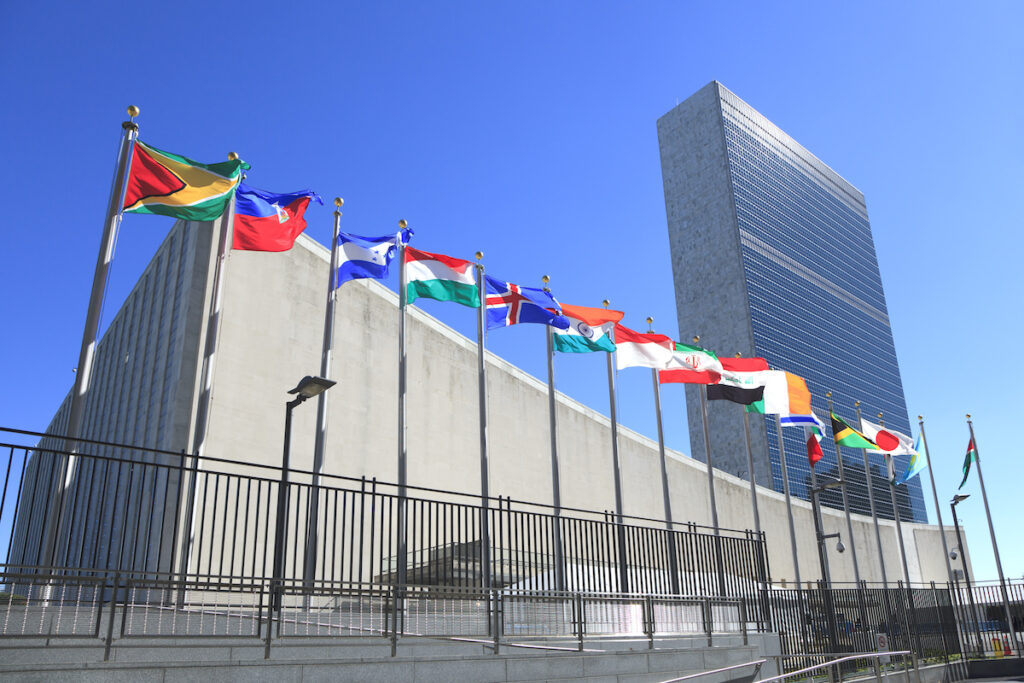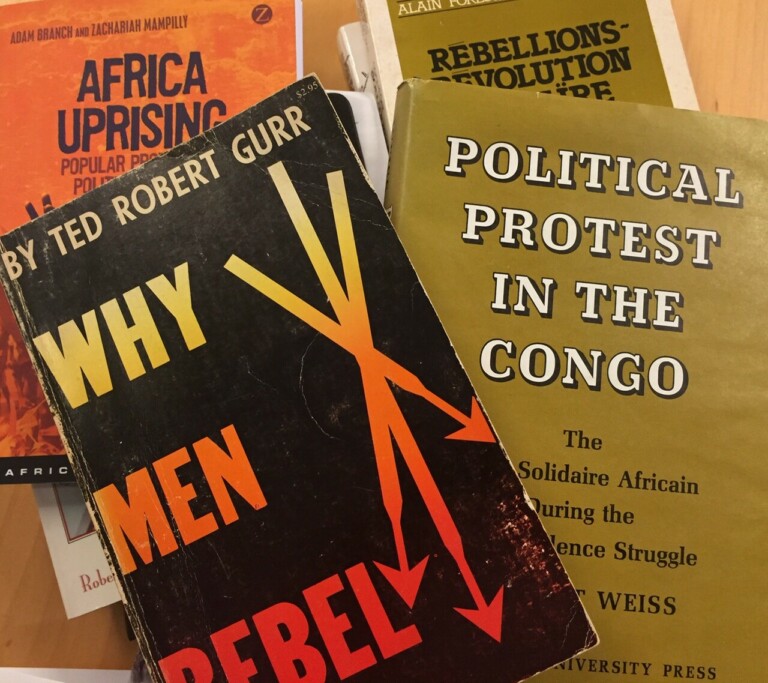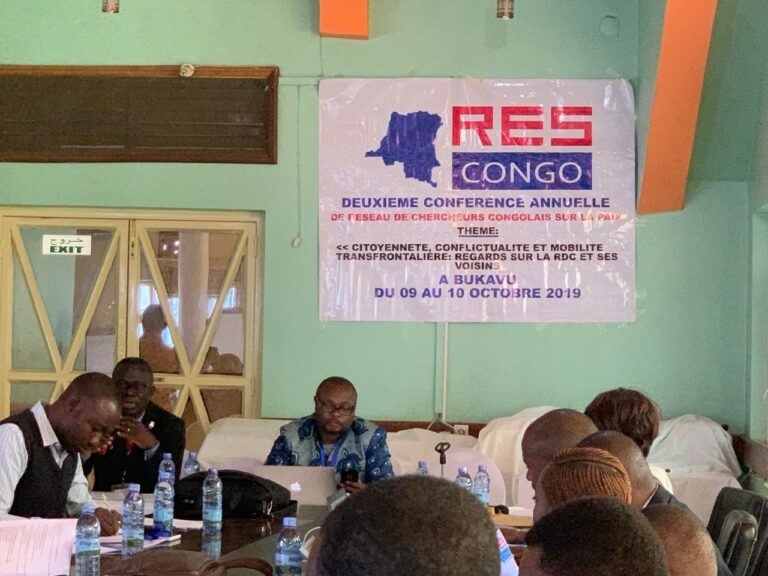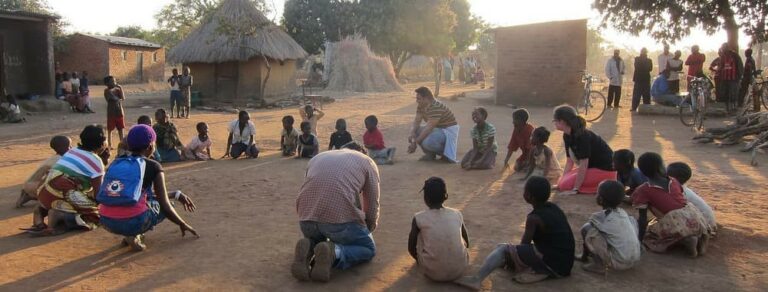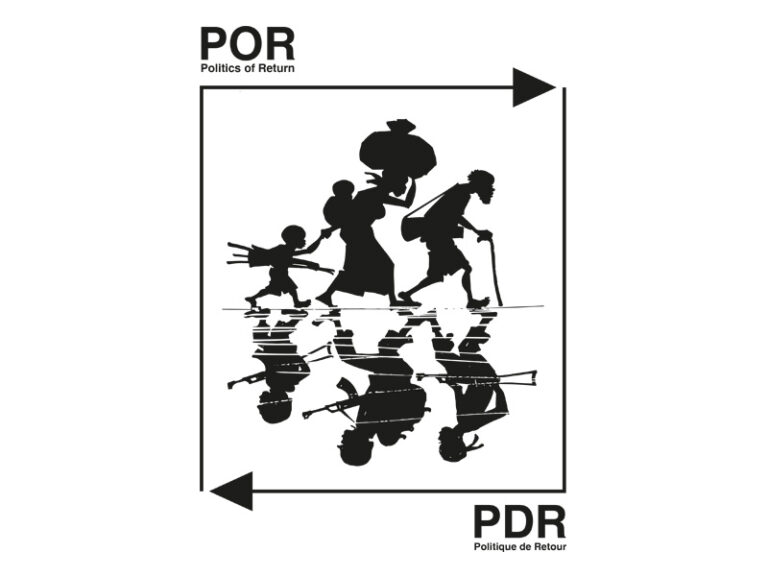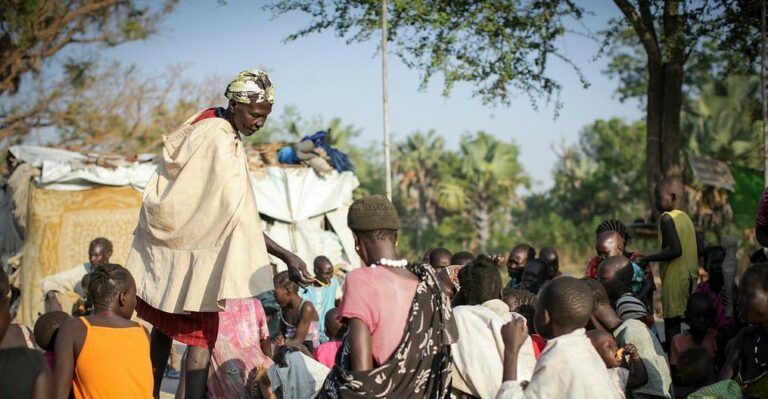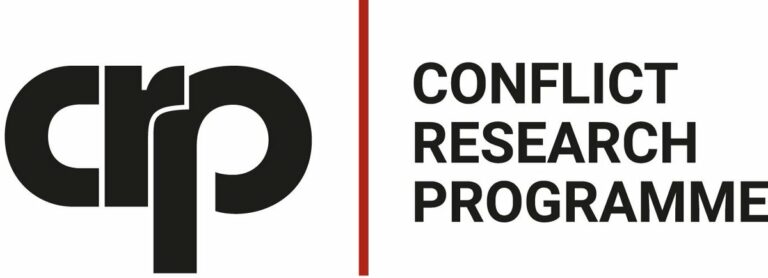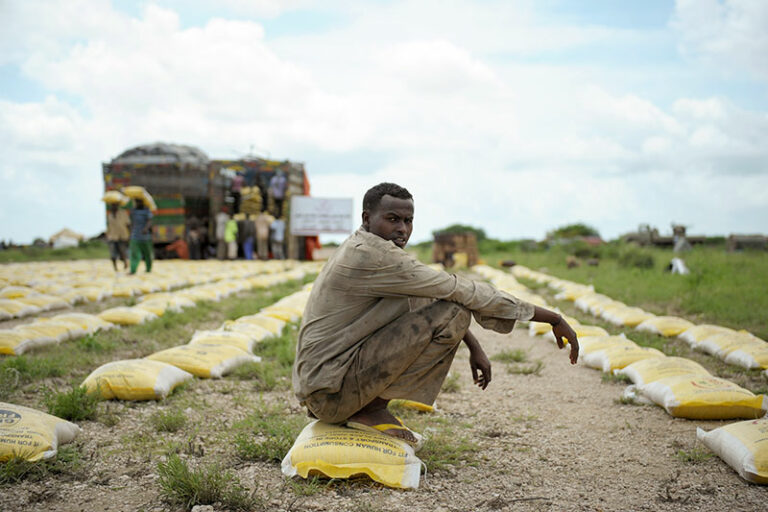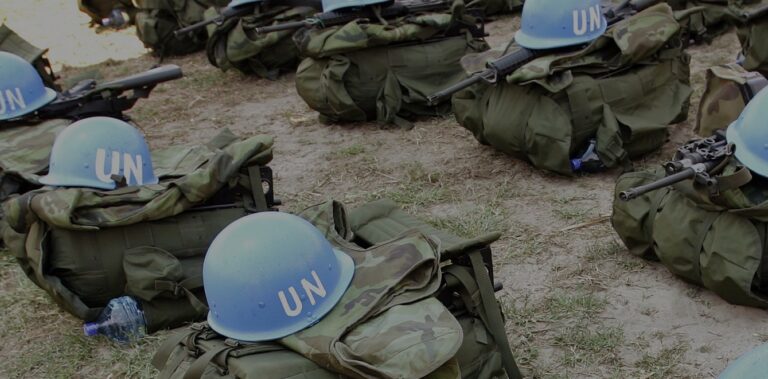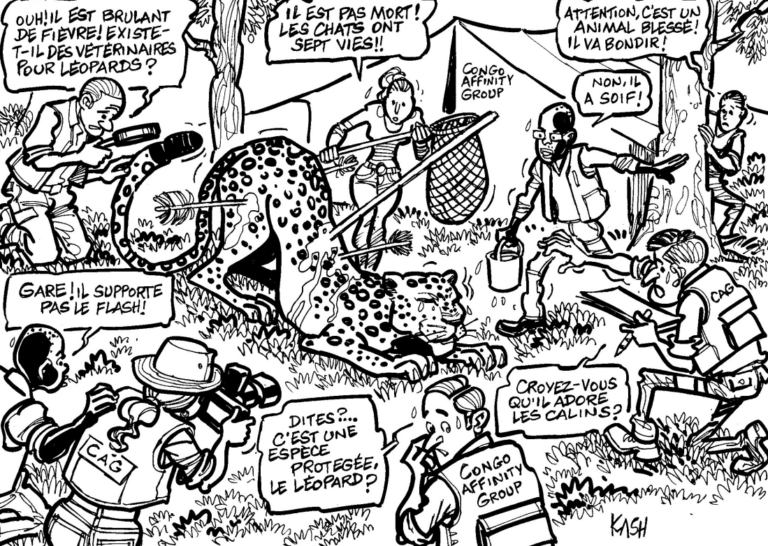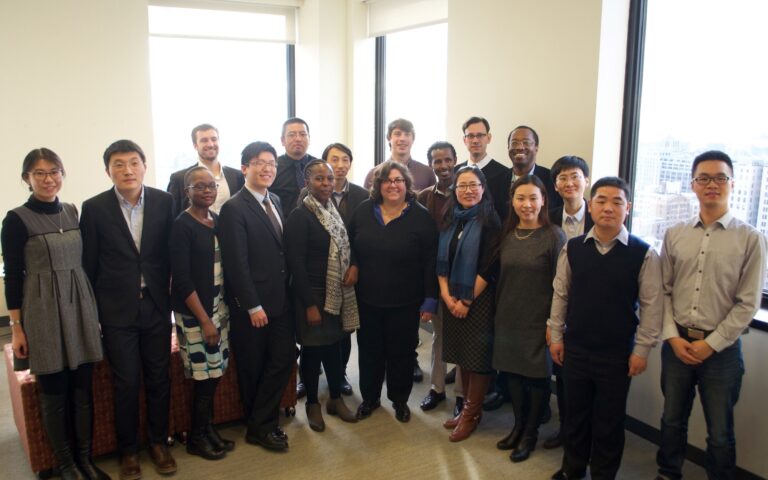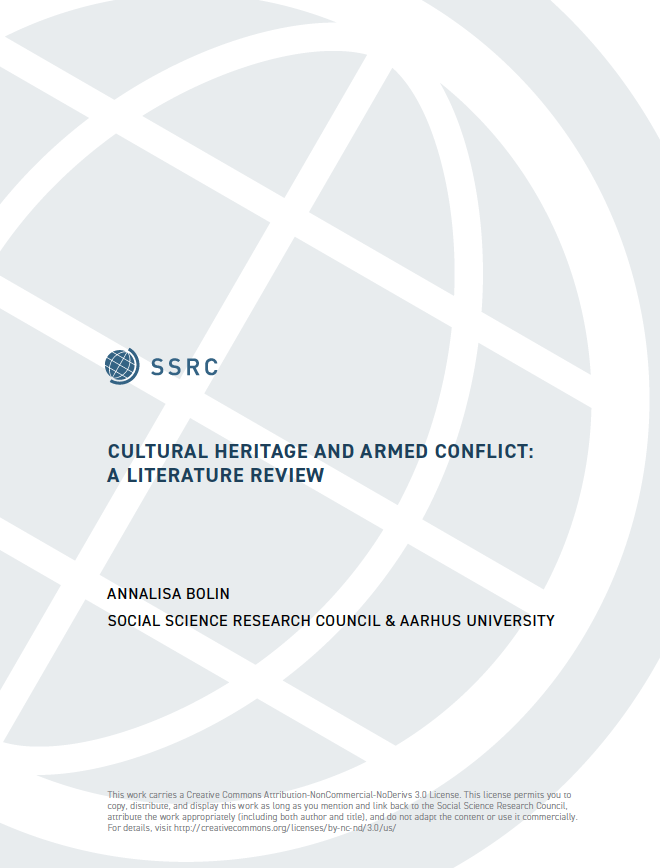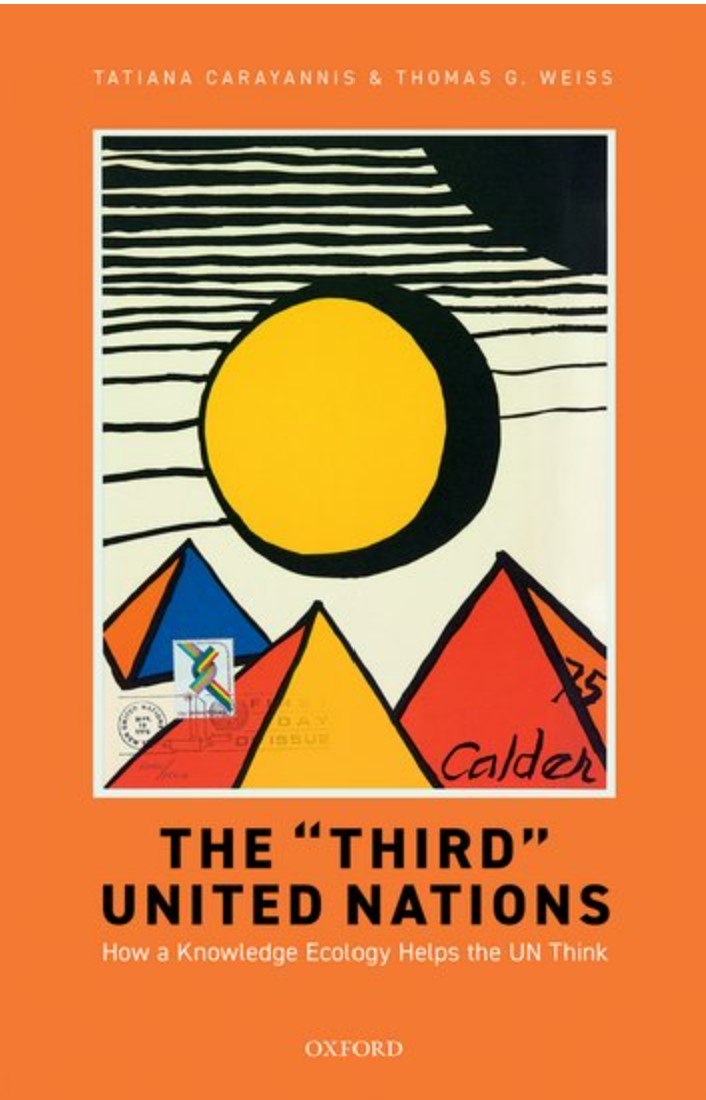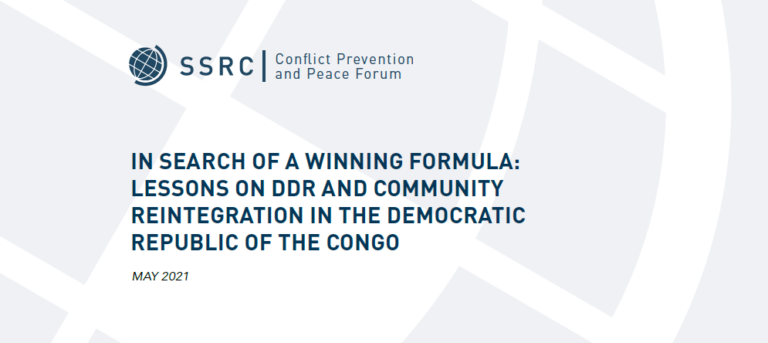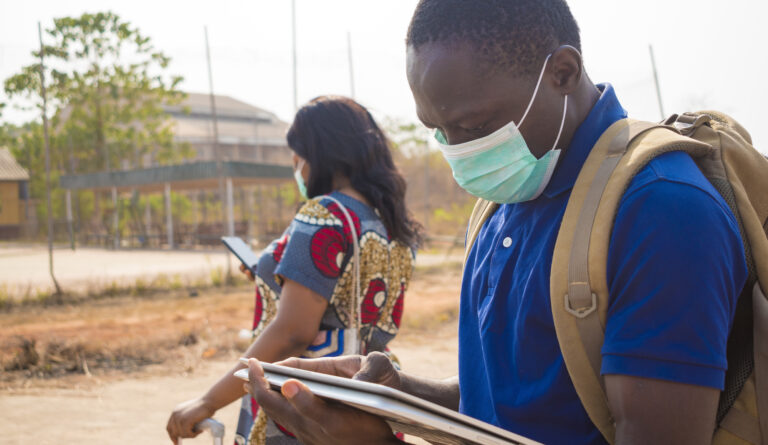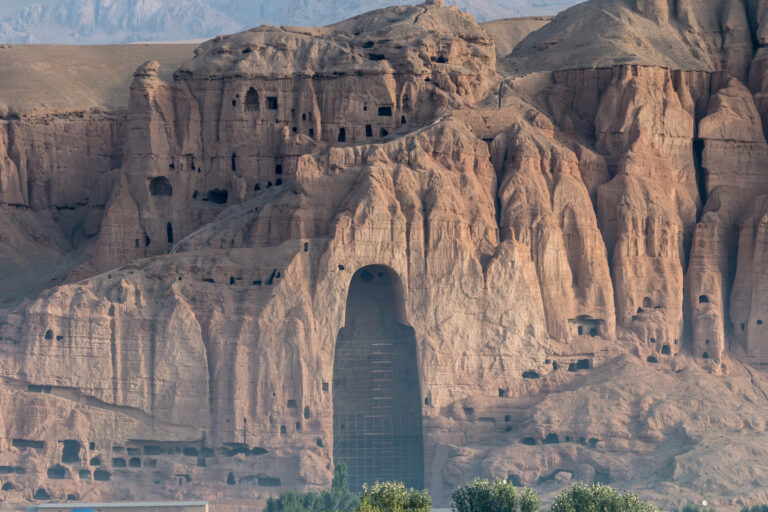Today’s violent conflicts are networked and complex, trans-border and multi-dimensional. While the increasing complexity of violent conflict makes these conflicts particularly prolonged, deadly, and intractable, it poses a particular challenge for those responding to conflict, as the international system remains ill-equipped to respond with adequate frames, analysis, and mandates across borders. The UVC is based on a series of research collaborations with institutions in Africa and the Middle East, Europe, and Asia.
For news and announcements about the UVC program’s activities, please scroll down. Follow us on Twitter @KnowConflict.
Methodology
UVC strengthens the evidence base of international conflict resolution and practice through an interdisciplinary approach to better understanding the complexities of violent conflict with a focus on innovation and a “what works?” framework to conflict response; and by delivering experience-based findings from hard-to-access research sites, as well as conflict perspectives that are often hidden from international peace and security practitioners.
UVC works to catalyze new thinking, new research, and further innovate and refine methods of field research on the political economies of war, emerging conflict actors and war technologies, forced displacement and return, justice and security, and public authority; we do this through trainings and by involving networks of international and national researchers and local beneficiaries at each stage of the research process in equitable collaboration. We also aim to strengthen local research networks in conflict-affected countries, and developing training modules on fieldwork and ethics methods in insecure places.
UVC works with leading policymakers at the UN, EU, AU, and local civil society actors through a network of direct relationships with leading policymakers. We do this by translating our longer research outputs into more digestible policy notes for policy audiences, and by briefing policymakers on findings and conclusions. We also capitalize on existing platforms convened by Director Carayannis, such as the Central African Policy Forum (CAPF), the DRC Affinity Group, and the Civil Society - UN Prevention Platform to develop stronger partnerships with key global policymakers and civil society actors and contribute to improving the cooperation and coordination among key stakeholders across the system.
Programs & Projects
Publications
People
News & Events
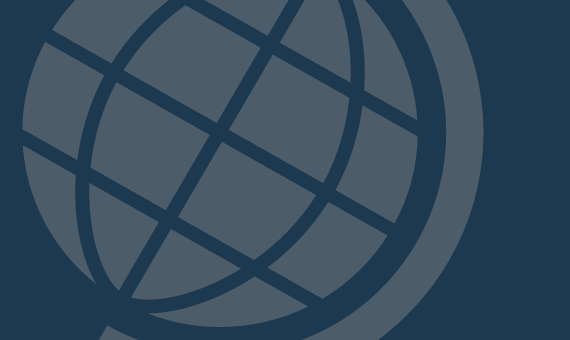
Yanqiu Zheng attended the “Transregional Studies Workshop on Africa-Asia connections” co-hosted by Howard University and Michigan State University on May 11-12.

Tatiana Carayannis participated in a webiner titled “The Political Economy of Civil War and UN Peace Operations,” hosted by the UN Department of Peace Operations.

Tatiana Carayannis participated in a panel on strategic risks for peace and security in the UN system hosted by the Permanent Mission of Austria and the UN Department of Peace Operations.

Yanqiu Zheng presented at the “After Bandung: Africa and China in a New Era” conference at Yale University on April 21-22.

Yanqiu Zheng chaired a roundtable at the Association of Asian Studies annual conference in Boston

Cultural Heritage, Violent Conflict, and Atrocity Crimes Workshop

